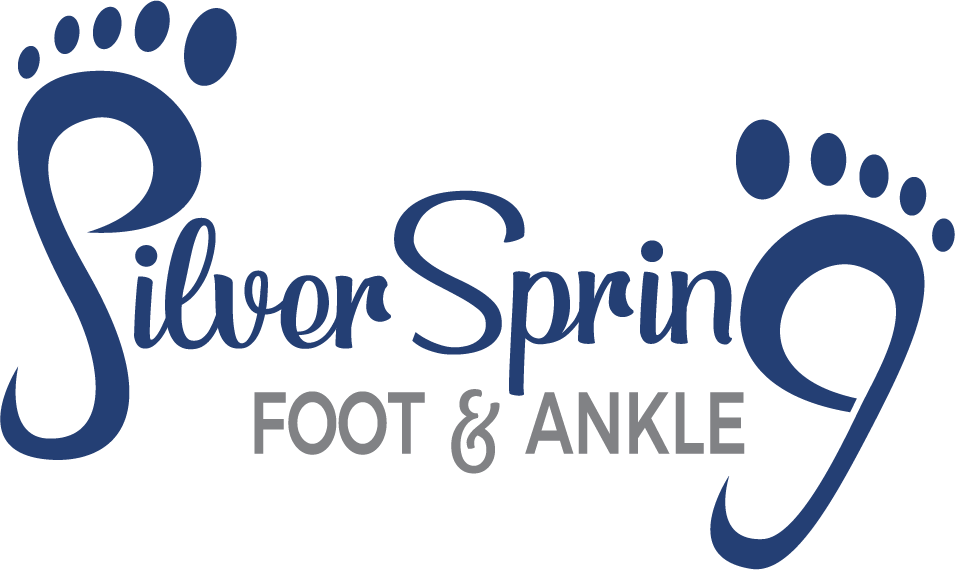Effective Foot and Ankle Care in Mechanicsburg, PA
Nobody wants their life and hobbies restricted because of foot or ankle problems. The good news is that most conditions are treatable—and very often without the need for surgery! What’s even better is that so many problems can be prevented in the first place. Whether you’re seeking treatment or preventative advice, we are here to help.
Heel Pain
Ankle Sprains
Nerve Pain
Bunions
Ingrown Toenails
Surgery
Heel Pain
Ankle Sprains
Nerve Pain
Bunions
Ingrown Toenails
Surgery
Jason Sweeley, DPM
Dr. Sweeley provides compassionate care helping patients treat foot and ankle conditions. He has extensive knowledge and training in both conservative and surgical treatment. He specializes in sports medicine and ankle stabilization/reconstruction. Dr. Sweeley has experience working with a large orthopedic group and is looking forward to able to serve the Mechanicsburg area providing individualized patient care instead of having to meet a daily patient quota. He strives to provide each patient with a comprehensive evaluation and personalized treatment plan that will help them recover and enjoy life.
For more information, read Dr. Sweeley’s Bio Here.

